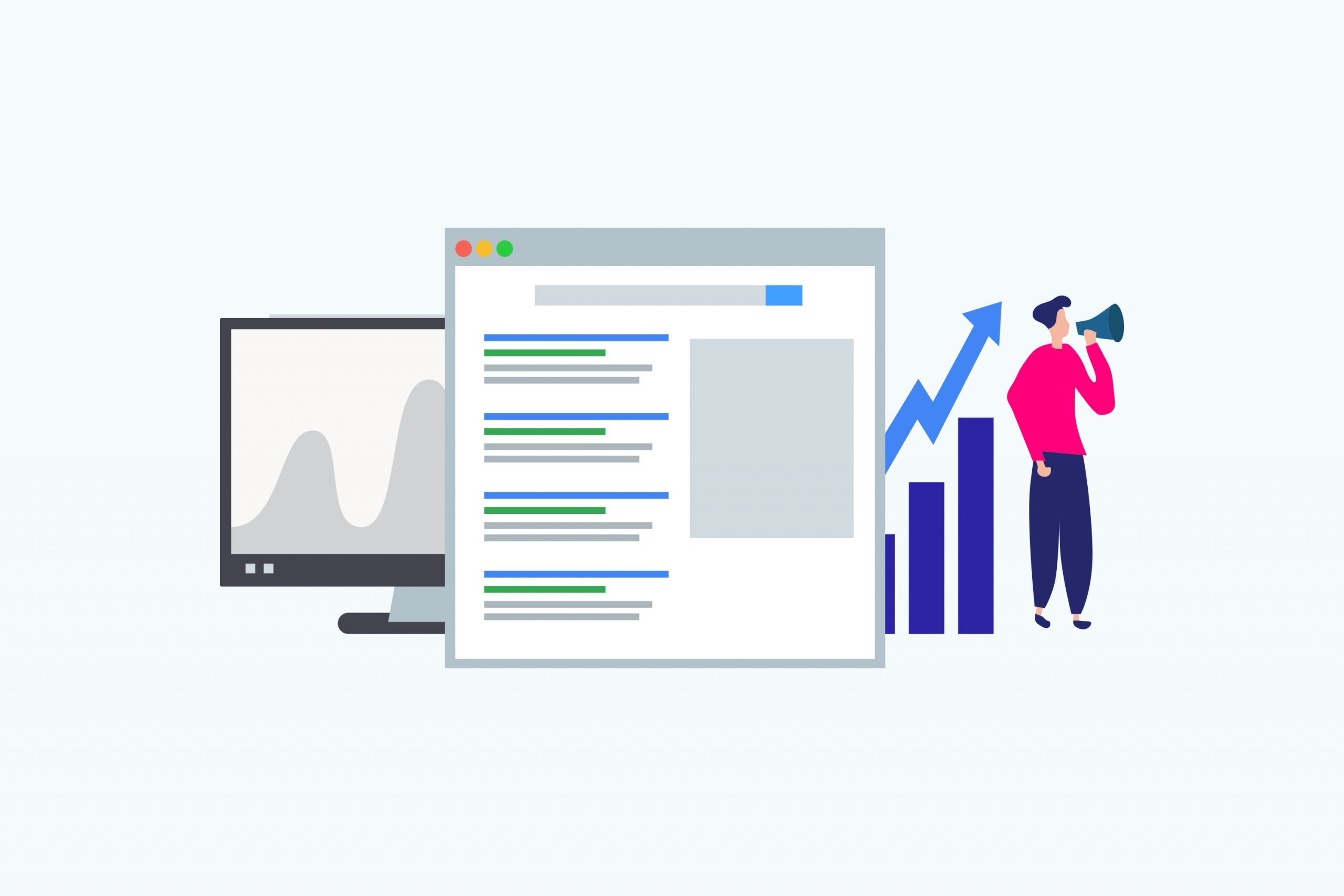For digital marketers and SEO experts, awaiting Google’s next update is as much a part of daily life as a morning coffee or brushing their teeth. The search engine is constantly making minor tweaks and major announcements to ensure its search algorithms remain unrivalled.
Back in May the search giant announced Web Vitals, a new set of metrics that would measure the user experience and speed of websites. Following on from that, Google has now announced that these metrics will make up a core algorithm of a major new ranking factor; page experience.
The new ranking algorithm is expected in 2021 with Google responding to the coronavirus pandemic and set to give webmasters and SEO experts a six month warning before rolling out the new algorithm, giving people plenty of time to prepare their websites thus preventing them from facing an unexpected drop in rankings.
So what is page experience and what will it look for?
User experience has always been key for Google. In an ideal world when you click on a search result it would open straight away and the landing page would provide the user with all of the information they’re looking for. In reality however, as pages become bigger and the web becomes saturated, it can sometimes take what seems like forever for a page to load. The wait time can lead to exasperated users who will eventually click off, adding to that all important bounce rate.
The new page experience ranking factor will combine various aspects in order to fully evaluate a user’s experience whilst they are on a webpage, from the minute they click on to the minute they leave. The search giant will measure how users perceive the webpage rather than just the technical facts for example, a page may technically be running fast but a user may still feel like it takes too long to load the relevant information, leading to them clicking off the page and finding an alternative.
The algorithm will combine it’s Core Web Vitals (more on those later), mobile-friendliness and web security such as HTTPS and user safety. Page experience isn’t a wholly new algorithm, rather it combines many existing ranking factors into one. The page experience ranking factor will take into account:
- Load Speed- how long it takes the page to load once a user has clicked on the search result.
- Responsiveness- how quickly the page responds to user commands such as moving to new pages and closing pop-ups.
- Visual Layout Stability- the Cumulative Layout Shift (CLS) measures visual stability. In order to provide the very best user experience websites should be striving to achieve a score of less than 0.1.
- Mobile Friendly- does the page operate functionally on mobile? Does it visually fit on mobile devices?
- Safe and Clean Code- the page contains no malicious or deceptive content which may cause an impact on the user.
- HTTPS Encryption- the page is served safely over HTTPS.
Google’s Core Web Vitals
Google’s Core Web Vitals were introduced in May 2020 and are intended as a set of vital criteria used to evaluate the performance of a website. They will be aligned with technical requirements and user behaviour in order to create the ultimate ranking algorithm.
Many webmasters and SEO experts already use Google’s Lighthouse audit framework in order to perform audits of websites and pages and these new web vitals originate from the Lighthouse framework.
The new page experience update will launch in 2021 along with three core elements from Google Lighthouse. So what are these elements?
The three core elements are First Input Delay (FID) which measures the amount of time between a user interacting with a page and the browsers response, Largest Contentful Paint (LCP) which measures how long it takes for the main content of the page to load and Cumulative Layout Shift (CLS) which measures the visible stability of a page.
How to prepare
With the page experience ranking not officially launching until 2021, Google has given you plenty of time to prepare your websites. Whilst some factors of the new algorithm such as HTTPS and mobile friendliness should already be in place, it’s important to make the most of the opportunity to make sure your site hits the rest of the criteria. Check how well your site is performing against the new Core Web Vitals and make tweaks accordingly.
Overall the new page experience ranking factor doesn’t contain anything that should cause you too much of a headache with much of it likely to be in place already. Instead the update will combine various existing individual ranking skills, such as HTTPS and page speed, together into one factor which will likely come with a greater overall weighting. Webmasters and SEO experts should remember that Google does and always will use a varied mixture of factors to rank pages therefore ensuring that regular SEO audits are run across the whole site is essential.


